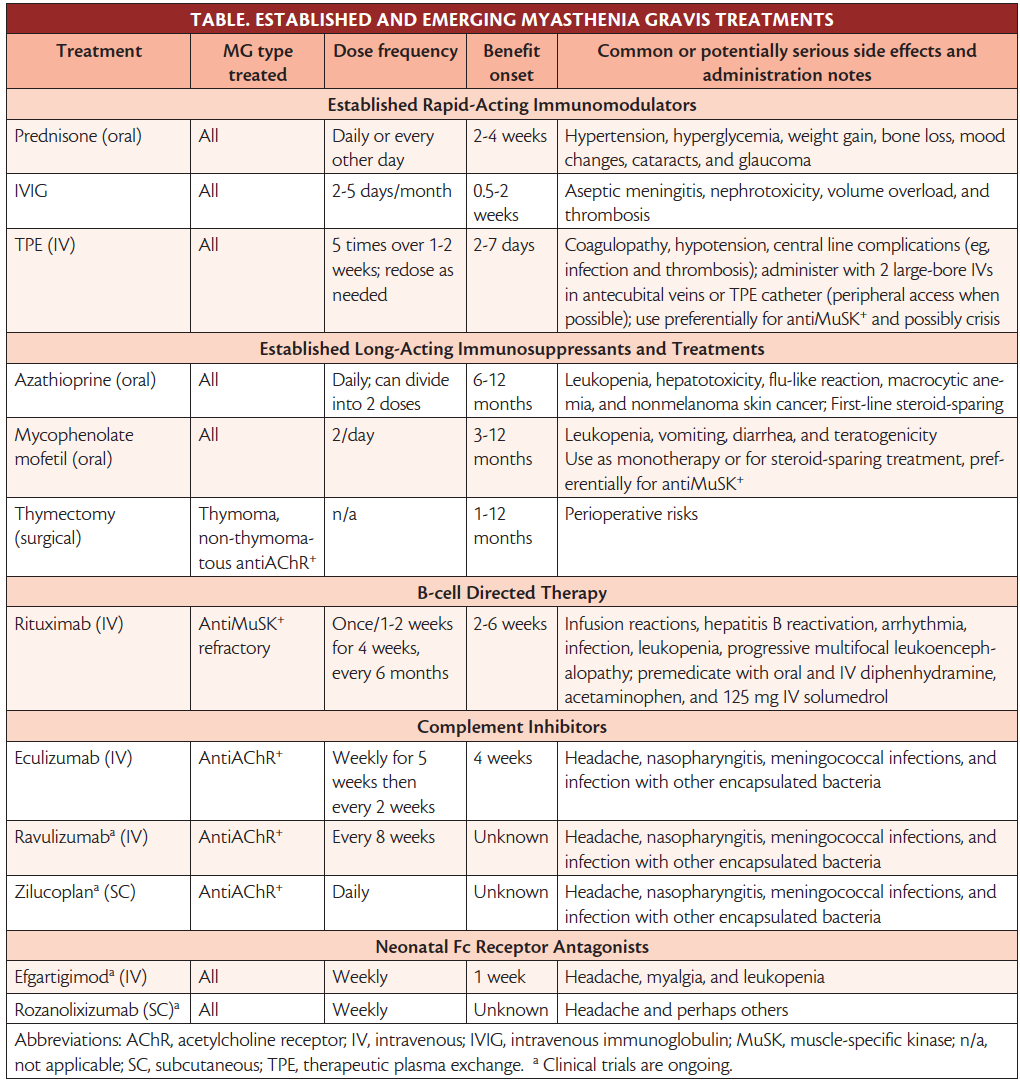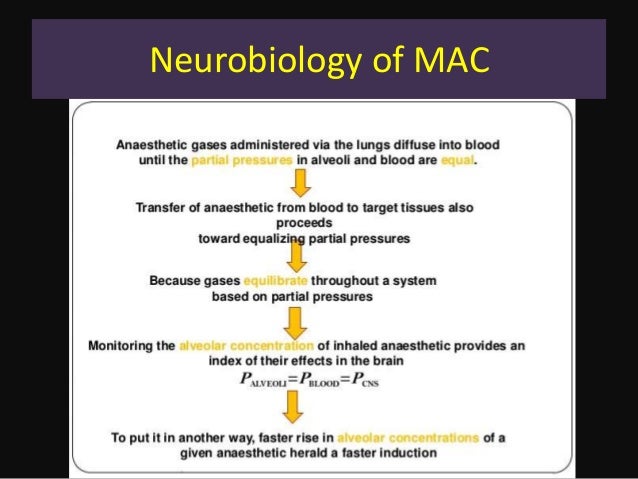The usual adult dose is 500 mg given two to five times per week. Recently inhaled (aerosolized) amikacin has been used as a companion drug for patients with MAC, especially for patients who have failed the standard treatment. Average dosage is 250 mg 2 to 4 times weekly for 6 months. 1972 Feb;36(2):146-51. Minimal alveolar concentration (MAC) and dose-response curves in anesthesia. Shim CY, Andersen NB. Dosage is the key factor in achieving the most benefits and least adverse effects of cannabis. A basic understanding of the key characteristics of cannabis dosing can empower you to make the most. For most patients, the recommended starting dose of BYSTOLIC is 5 mg once daily 1. The most commonly used BYSTOLIC dose is 5 mg 2; Dose should be individualized to the needs of the patient 1; For patients requiring further reduction in blood pressure, the dose can be increased at 2-week intervals up to 40 mg 1.
We are currently updating the Ivermectin section of the Guidelines. Pending release of the updates, please see the COVID-19 Treatment Guidelines Panel’s Statement on the Use of Ivermectin for the Treatment of COVID-19.
Last Updated: August 27, 2020
Ivermectin is a Food and Drug Administration (FDA)-approved antiparasitic drug that is used to treat several neglected tropical diseases, including onchocerciasis, helminthiases, and scabies.1 It is also being evaluated for its potential to reduce the rate of malaria transmission by killing mosquitoes that feed on treated humans and livestock.2 For these indications, ivermectin has been widely used and has demonstrated an excellent safety profile.1
Proposed Mechanism of Action and Rationale for Use in Patients With COVID-19
Ivermectin acts by inhibiting the host importin alpha/beta-1 nuclear transport proteins, which are part of a key intracellular transport process that viruses hijack to enhance infection by suppressing the host antiviral response.3 Ivermectin is therefore a host-directed agent, which is likely the basis for its broad-spectrum activity in vitro against the viruses that cause dengue, Zika, HIV, and yellow fever.3-6
Minimum Therapeutic Dose For Macrobid

Recommendation
- The COVID-19 Treatment Guidelines Panel recommends against the use of ivermectin for the treatment of COVID-19, except in a clinical trial (AIII).
Rationale

Ivermectin has been shown to inhibit the replication of severe acute respiratory syndrome coronavirus 2 (SARS-CoV-2) in cell cultures.7 However, pharmacokinetic and pharmacodynamic studies suggest that achieving the plasma concentrations necessary for the antiviral efficacy detected in vitro would require administration of doses up to 100-fold higher than those approved for use in humans.8,9 Even though ivermectin appears to accumulate in the lung tissue, predicted systemic plasma and lung tissue concentrations are much lower than 2 µM, the half-maximal inhibitory concentration (IC50) against SARS-CoV-2 in vitro.10,11
Ivermectin is not approved for the treatment of any viral infection, including SARS-CoV-2 infection. The FDA issued a warning in April 2020 that ivermectin intended for use in animals should not be used to treat COVID-19 in humans.
Clinical Data in Patients With COVID-19
The available clinical data on the use of ivermectin to treat COVID-19 are limited.
Retrospective Analysis of Using Ivermectin in Patients With COVID-19
This study has not been peer reviewed.
This retrospective analysis of consecutive patients with confirmed SARS-CoV-2 infection (27% with severe COVID-19) who were admitted to four Florida hospitals compared patients who received at least one dose of ivermectin (n = 173) to those who received 'usual care' (n = 103). The primary outcome was all-cause, in-hospital mortality. The secondary outcomes included mortality in patients with severe disease (defined as 'need for either FiO2 ≥50% or noninvasive or invasive mechanical ventilation') and extubation rates in those who were mechanically ventilated.12
Results

- Ivermectin administration was reportedly consistent with hospital guidelines: a single dose of 200 µg/kg, with repeat dosing on Day 7 if the patient was still hospitalized (13 patients received a second dose). Ninety percent of the ivermectin group and 97% of the usual care group received hydroxychloroquine (the majority received hydroxychloroquine in conjunction with azithromycin).
- All-cause mortality was lower among the patients in the ivermectin group than among patients in the usual care group (OR 0.27; P = 0.03). The mortality benefit appeared to be limited to the subgroup of patients with severe disease.
- There was no difference between the groups for the median length of hospital stay (7 days in both groups) or the proportion of mechanically ventilated patients who were successfully extubated (36% in the ivermectin group vs. 15% in the usual care group; P = 0.07).

Limitations
- This was a retrospective analysis.
- The study included little or no information on oxygen saturation or radiographic findings. It was also unclear whether therapeutic interventions other than hydroxychloroquine, such as remdesivir or dexamethasone, were used in the study.
- The timing of therapeutic interventions was not standardized; if the timing is not accounted for, it can bias the survival comparison.
- The analyses of the durations of ventilation and hospitalization do not appear to account for death as a competing risk.
- No virologic assessments were performed.
Interpretation
The limitations of this retrospective analysis make it difficult to draw conclusions about the efficacy of using ivermectin to treat patients with COVID-19.

References
Minimum Therapeutic Dose For Macular Degeneration
- Omura S, Crump A. Ivermectin: panacea for resource-poor communities? Trends Parasitol. 2014;30(9):445-455. Available at: https://www.ncbi.nlm.nih.gov/pubmed/25130507.
- Fritz ML, Siegert PY, Walker ED, Bayoh MN, Vulule JR, Miller JR. Toxicity of bloodmeals from ivermectin-treated cattle to Anopheles gambiae s.l. Ann Trop Med Parasitol. 2009;103(6):539-547. Available at: https://www.ncbi.nlm.nih.gov/pubmed/19695159.
- Yang SNY, Atkinson SC, Wang C, et al. The broad spectrum antiviral ivermectin targets the host nuclear transport importin alpha/beta1 heterodimer. Antiviral Res. 2020;177:104760. Available at: https://www.ncbi.nlm.nih.gov/pubmed/32135219.
- Tay MY, Fraser JE, Chan WK, et al. Nuclear localization of dengue virus (DENV) 1-4 non-structural protein 5; protection against all 4 DENV serotypes by the inhibitor ivermectin. Antiviral Res. 2013;99(3):301-306. Available at: https://www.ncbi.nlm.nih.gov/pubmed/23769930.
- Wagstaff KM, Sivakumaran H, Heaton SM, Harrich D, Jans DA. Ivermectin is a specific inhibitor of importin alpha/beta-mediated nuclear import able to inhibit replication of HIV-1 and dengue virus. Biochem J. 2012;443(3):851-856. Available at: https://www.ncbi.nlm.nih.gov/pubmed/22417684.
- Barrows NJ, Campos RK, Powell ST, et al. A screen of FDA-approved drugs for inhibitors of Zika virus infection. Cell Host Microbe. 2016;20(2):259-270. Available at: https://www.ncbi.nlm.nih.gov/pubmed/27476412.
- Caly L, Druce JD, Catton MG, Jans DA, Wagstaff KM. The FDA-approved drug ivermectin inhibits the replication of SARS-CoV-2 in vitro. Antiviral Res. 2020;178:104787. Available at: https://www.ncbi.nlm.nih.gov/pubmed/32251768.
- Chaccour C, Hammann F, Ramon-Garcia S, Rabinovich NR. Ivermectin and COVID-19: keeping rigor in times of urgency. Am J Trop Med Hyg. 2020;102(6):1156-1157. Available at: https://www.ncbi.nlm.nih.gov/pubmed/32314704.
- Guzzo CA, Furtek CI, Porras AG, et al. Safety, tolerability, and pharmacokinetics of escalating high doses of ivermectin in healthy adult subjects. J Clin Pharmacol. 2002;42(10):1122-1133. Available at: https://www.ncbi.nlm.nih.gov/pubmed/12362927.
- Arshad U, Pertinez H, Box H, et al. Prioritization of anti-SARS-CoV-2 drug repurposing opportunities based on plasma and target site concentrations derived from their established human pharmacokinetics. Clin Pharmacol Ther. 2020. Available at: https://www.ncbi.nlm.nih.gov/pubmed/32438446.
- Bray M, Rayner C, Noel F, Jans D, Wagstaff K. Ivermectin and COVID-19: a report in Antiviral Research, widespread interest, an FDA warning, two letters to the editor and the authors' responses. Antiviral Res. 2020;178:104805. Available at: https://www.ncbi.nlm.nih.gov/pubmed/32330482.
- Cepelowicz Rajter J, Sherman M, Fatteh N, Vogel F, Sacks J, Rajter J. ICON (ivermectin in COVID nineteen) study: use of ivermectin is associated with lower mortality in hospitalized patients with COVID19. medRxiv. 2020. Available at: https://www.medrxiv.org/content/10.1101/2020.06.06.20124461v2.
